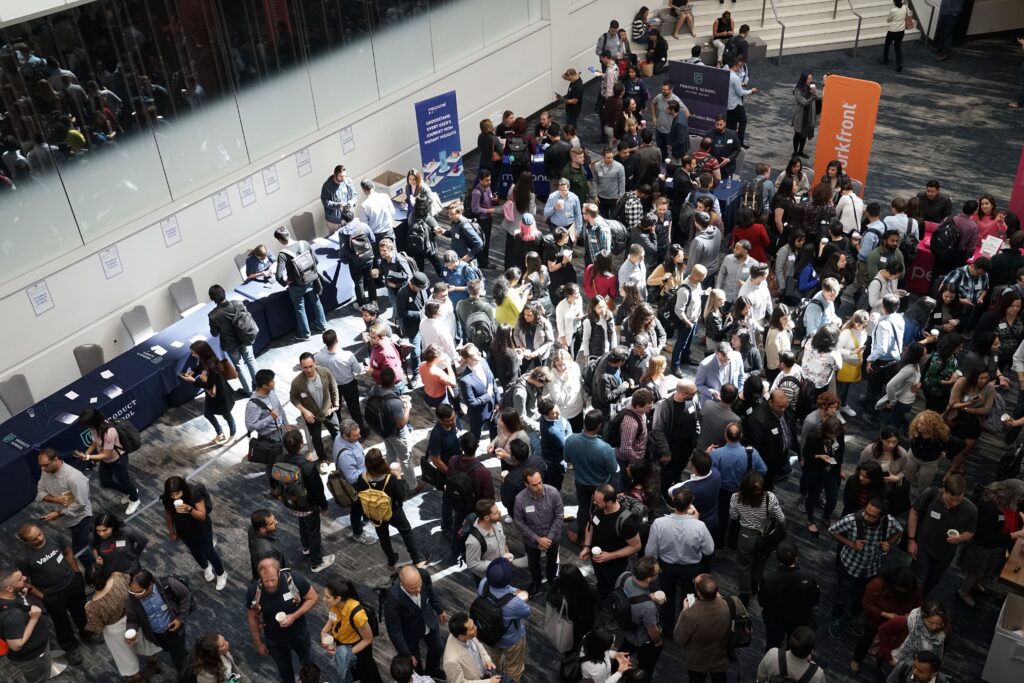I’ve never been very good or comfortable at “networking” events. I find it tricky to introduce myself, and hard to start a conversation. That said, I love connecting with people especially when they do the hard work of starting the interaction!!! I find it fascinating to understand different perspectives, be inspired by the passions of others, and getting to know more about what motivates people.
Whilst networking is tricky for me and isn’t aligned to my natural strengths, understanding the power of social connection in networks has developed into a passion.
When it comes to influencing change at any scale, and particularly within the fabric of our social structures and public sector work – understanding, building, and utilising the power of networks is essential.
Whether we are looking at the spread of positive emotions like happiness, the impact of our networks on our sense of loneliness, or on physical health issues like obesity: the people we know and have relationships with have a big impact. If we have a network of friends who are happy, we are significantly more likely to be happy. If we have few happy contacts, we are likely to feel sad, and if we have very few social connections, we will feel lonely. All that makes sense and seems intuitive. What’s more interesting is our influence across networks. If we are happy, we impact the happiness of our immediate friends, their friends, and the friends’ friends – albeit to reducing degrees.
Networks also play a key role in sharing information – particularly if we want that information to land powerfully and have an impact on behaviour. When someone you know, and trust tells you something you are both more likely to believe it and more likely to remember it. A sense of acceptance that information is valuable and that it “stays with us” for a while helps to mold future behaviour and decision making. Secondly, there’s something in the in-person interaction which translates information more deeply into our psyche.
A simple example would be reading a joke in a joke book, versus someone telling the joke and not only you are laughing, but the others around you are laughing too. The impact runs even deeper when you discuss the joke with those you are with, and then as a final reinforcement tell the joke with positive effect, and others laugh. If you move through those steps, the joke is likely to stick in your mind and be utilised in future interactions. It also forms a bond of a moment that’s remembered by those who’ve shared that moment with you. It’s both the initial personal interaction, but also the shared social experience that matters.
The same principles apply in work settings, and we see the different approaches all around us every day. Whether that’s the context in which a senior leader shares a new idea or directive, or the way gossip spreads around an office – the connections within a network, and the way they’re utilised is to both the pace and power with which messages are spread.
Networks help us in several distinct ways and the research-based evidence to support the importance of networks is significant.
- Our mood, energy and emotional state is influenced by our networks, and similarly our mood, energy, and emotional state influences those around us.
- Information is shared most effectively across personal connections within networks, and we tend to believe, prioritise, and support similar ideas and principles as those we are most closely connected to.
- If we want to influence things within our organisation and place – our impact is amplified significantly by engaging our connections.
So what? Firstly, build your network in a way that suits your personality and style. That might be going to events, it might be on social media platforms, it might be meeting up with people for a coffee and likely a combination of those things and more. Establishing and building connections with people is work, and we should dedicate time and conscious effort to it. Remember that intentional consistency is more important than intensity. Regular effort into developing and maintaining relationships is much more valuable than attending one gathering/event.
If you want to learn more about the power of networks here are a few good sources:
Book: “Connected” by Nicholas Christakis and James Fowler
Blog: #ThreePercentRule Fast-Tracks a Change Movement – Innovisor
Video: Nicholas Christakis: The hidden influence of social networks | TED Talk

